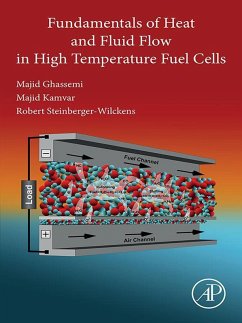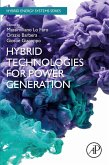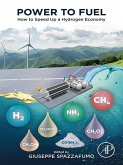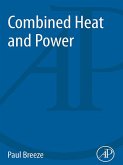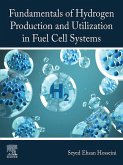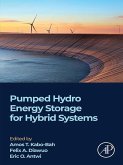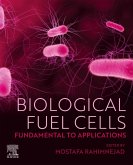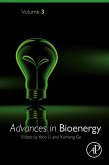Fundamentals of Heat and Fluid Flow in High Temperature Fuel Cells introduces key-concepts relating to heat, fluid and mass transfer as applied to high temperature fuel cells. The book briefly covers different type of fuel cells and discusses solid oxide fuel cells in detail, presenting related mass, momentum, energy and species equation. It then examines real case studies of hydrogen- and methane-fed SOFC, as well as combined heat and power and hybrid energy systems. This comprehensive reference is a useful resource for those working in high temperature fuel cell modeling and development, including energy researchers, engineers and graduate students.
- Provides broad coverage of key concepts relating to heat transfer and fluid flow in high temperature fuel cells
- Presents in-depth knowledge of solid oxide fuel cells and their application in different kinds of heat and power systems
- Examines real-life case studies, covering different types of fuels and combined systems, including CHP
Dieser Download kann aus rechtlichen Gründen nur mit Rechnungsadresse in A, B, BG, CY, CZ, D, DK, EW, E, FIN, F, GR, HR, H, IRL, I, LT, L, LR, M, NL, PL, P, R, S, SLO, SK ausgeliefert werden.

